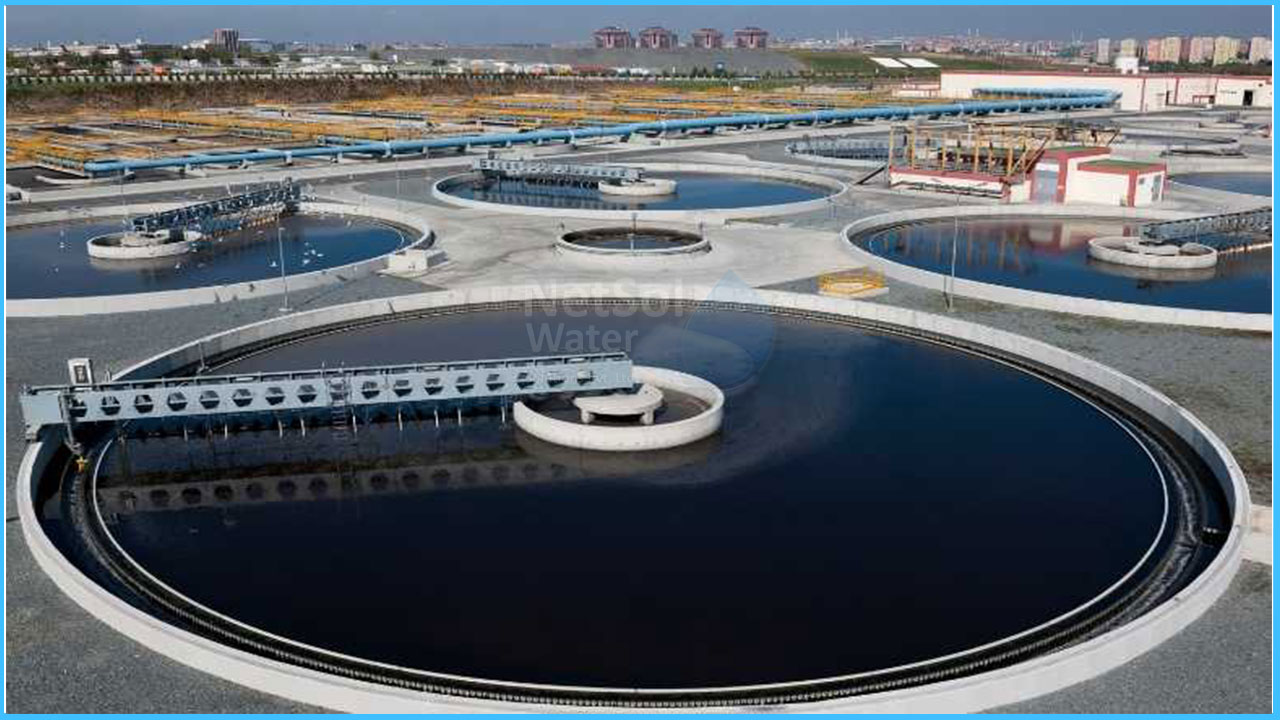Better water treatment system, better the savings
Good Quality Water_ A Key to Good Health
Bad water is harmful to your health, while healthy water is essential for survival – and wonderful for you! The US Centers for Disease Control and Prevention (CDC) recommends drinking eight 8-ounce glasses of water every day because it offers so many health benefits. Water and health are inextricably intertwined. The major causes of illness outbreaks linked to drinking water, according to the CDC, are Giardia intestinalis, hepatitis A, norovirus, and Shigella. As bad as that sounds, it's far from exhaustive. Water contaminated with organic and inorganic waste, germs and viruses, and other pollutants also poses a health danger.High levels of lead in drinking water have been linked to delays in physical and mental development, short attention spans, and learning difficulties in children, according to some research. Arsenic in drinking water has also been linked to neuron, heart, skin, and blood vessel damage. Cryptosporidium, on the other hand, causes possibly fatal diarrhea. Still, water is necessary. After all, the human body is 70% water, and while a person can survive for a month or longer without food, a week without water can be lethal.
Good Water Quality_ Long-lasting Equipment
It's also good for appliances. Water of high quality is beneficial to your home and appliances. Softened water can help you save money by ensuring that your equipment runs at peak efficiency and last longer. If you use softened water, you can minimize the quantity of dish and laundry detergent you use in half, if not more. According to two more independent studies, you can adjust wash temperature from hot to cold without sacrificing performance.According to a 2009 study commissioned by the Water Quality Research Foundation (WQRF) and done by the Battelle Memorial Institute, adding a water softener improves the efficiency of water heaters and other appliances while also avoiding clogs in showerheads, faucets, and drains. Researchers used dishwashers and washing machines for 30 days and 240 wash cycles, for example. Softened water was used in half of the units, while hard water was used in the others. The washers that used softened water had almost no scale buildup by the end of the month, whereas the washers that used hard water needed scale removal to function properly.
When it came to water heaters, the researchers discovered that using softened water allowed the equipment to retain their original manufacturer efficiency rating for up to 15 years. The efficiency of the units was reduced by up to 48 percent when hard water was used. The heating components within electric water heaters were shortened by scale building, and some tankless water heaters with hard water failed after only 1.6 years.Showerheads with soft water worked well, but those with hard water lost 75% of their flow rate in less than 18 months, according to the study. The strainers on the faucets clogged after 19 days of flowing hard water through them.
Water filtration systems save money by safeguarding equipment and improving overall water quality by reducing service calls and downtime, requiring fewer replacement components, and providing better ingredient water for beverages and meals.




